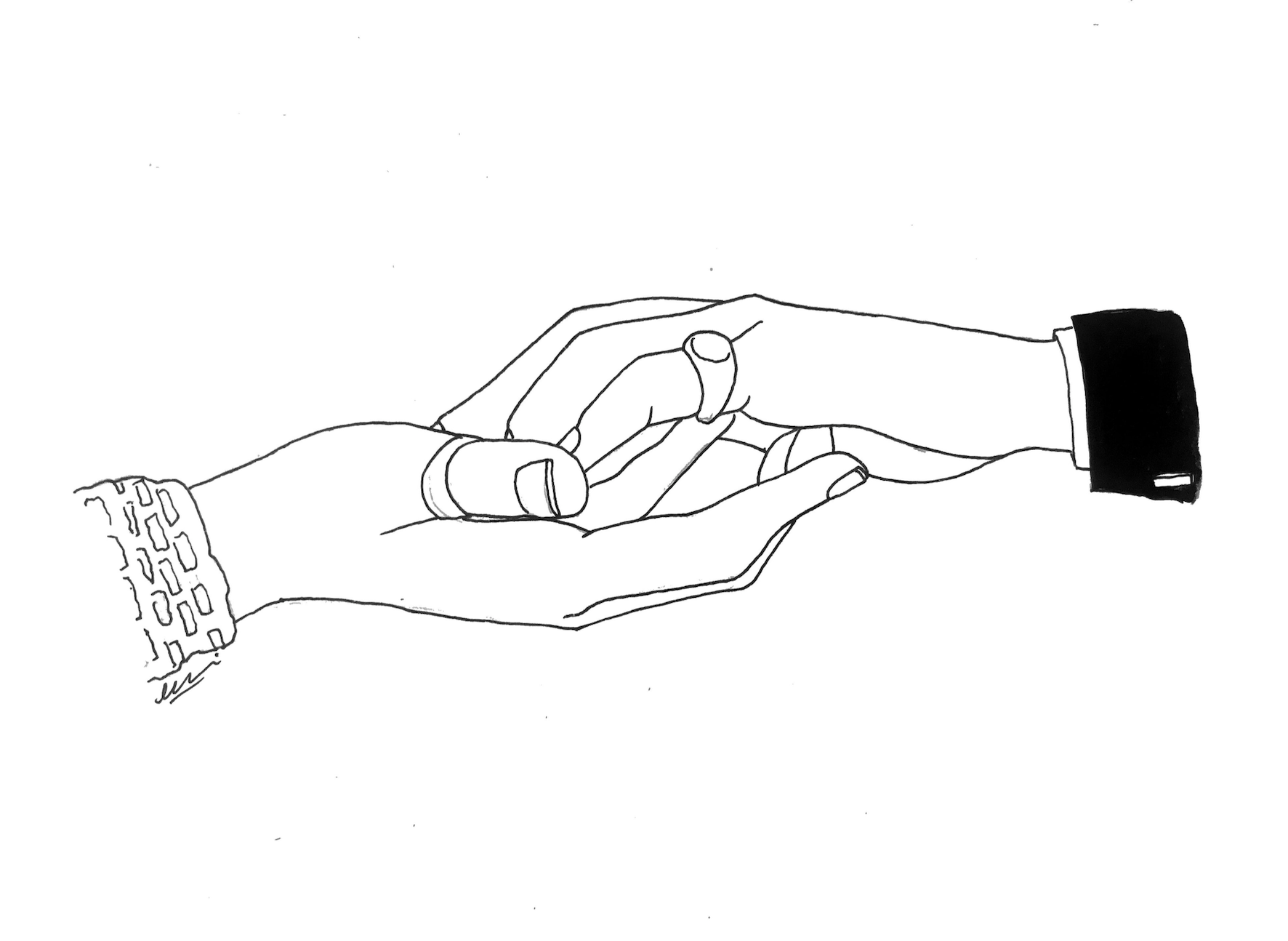Connell, Classism, and English Degrees: Reading Normal People at University
Illustrated by Ella Clayton.*content warning - mentions of suicide
Reading Normal People during the first lockdown of 2020 - in anticipation for the TV series - felt monumental. I had just come home from an abrupt end to first year, plunged into a lockdown and pandemic, in enforced isolation after a university experience filled with meeting new people and exciting events every week. Despite this, the lockdown felt more comforting. Durham had been a polarising experience filled with fun memories with new friends, but abided by a crushing loneliness at an institution I felt did not represent me. Normal People felt representative of my circumstances as a working-class student in those whirlwind two terms. I most notably related to the character Connell and his own difficulties at university.
Rooney has often remarked that she considers herself to be a Marxist writer. The dynamics of contemporary capitalism and the class-system are seen in the changing social standing of the main characters, Connell and Marianne, with these differences creating complications for their ever-turbulent relationship.
Marxist connotations are evident everywhere in the novel. We are first introduced to the two characters with their differing class dynamics: Marianne’s mother employs Connell’s mother as a domestic cleaner in her house. While Connell must take up part-time work in order to fund his studies at Trinity College Dublin, Marianne lives in a large apartment owned by her family with the natural assumption being that she would study at the university. As they both gain a scholarship for their success in the end of first-year exams, meaning that the rest of their tuition would be free, Marianne remarks that it means more for Connell due to the financial relief. It’s an honest conversation not previously spoken between the two, despite the difference being so prominent between them. In fact, the two talk about Marx - Marianne quizzes Connell about the Communist Manifesto only to admit that she hadn’t actually read it, unlike Connell who had. It’s not central to the book’s plot, but it shows the difference in intellectual property and interests as Marianne’s class privilege means she does not need nor resonate with the writing, in comparison to Connell who cannot ignore these hardships due to his class identity - this material difference separates them from each other.
It’s an experience I’m familiar with. Being a student from a working-class background while at Durham University has caused me to question my identity even more. Am I part of the elite now, considering that I study at an elite university? Or am I more attached to my hometown? It feels like you're leading a double life, creating two personalities: one for the posh kids in your seminars, and the other for your working-class friends at home. Connell feels this too, he remarks that in his seminars he is surrounded by ‘loud people, with MacBooks’ who easily voice their opinions, unlike himself who feels unable to speak in fear of judgement. He travels home at weekends to work, and over the summer he must travel back to Sligo as he can’t afford rent in Dublin - a difference that makes his relationship with Marianne fall apart as her self-consciousness stops her from asking him to stay and he feels disregarded when she doesn’t offer. It’s one of their many opposing factors.
The difference in social standing becomes even more prominent when Connell’s friend from home commits suicide. It’s an important part of the novel with suicide being the main killer of men, especially in areas of lower socio-economic backgrounds and mass unemployment. As Connell grapples with grief for Rob, it becomes apparent that he is in limbo. He’s no longer part of his hometown as he recognises the economic depravity and lack of opportunity there: ‘I just felt like I left Carricklea thinking I could have a different life’, ‘but I hate it here and now I can never go back there again.’ Yet he is also isolated from the elitism of Dublin and the kinds of people there. Marianne thrives in this intense environment in comparison. While Connell thrived in high-school surrounded by friends, university instead leaves him isolated. This is catalysed by Rob’s suicide, causing Connell to reach out to the university’s counselling system. I relate thoroughly - after being surrounded by a supportive group of friends at home to then attend Durham where I stood out as different (and not in a good way), the isolation and crisis of identity was one that marked my first-year university experience.
Rooney develops a romance novel unlike any other, really. Indeed, I feel, the main theme is classism and the working-class experience at university. It’s a novel where I felt ‘seen’ and less alone, my feelings were validated and represented in this piece of beautiful writing.
